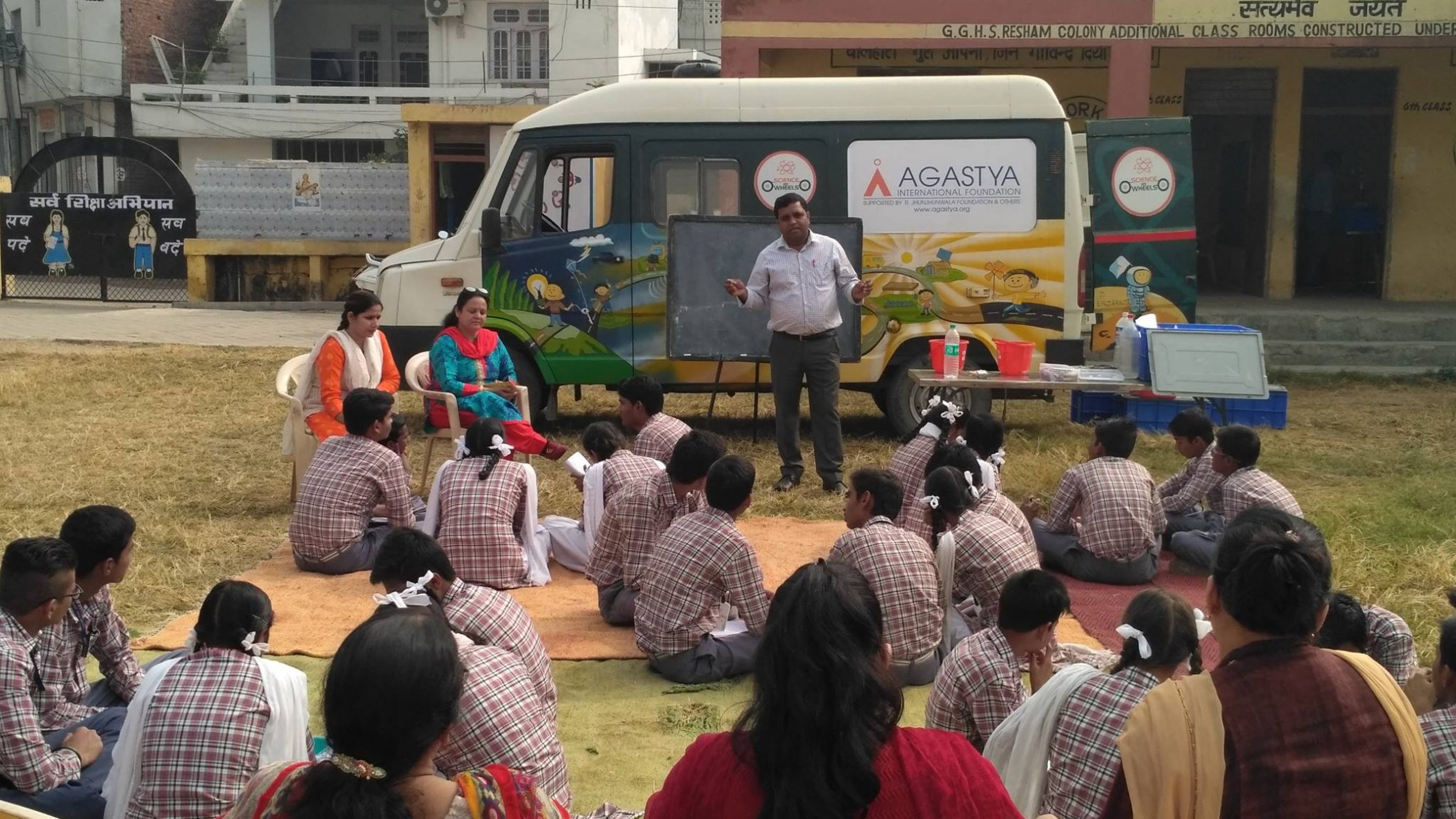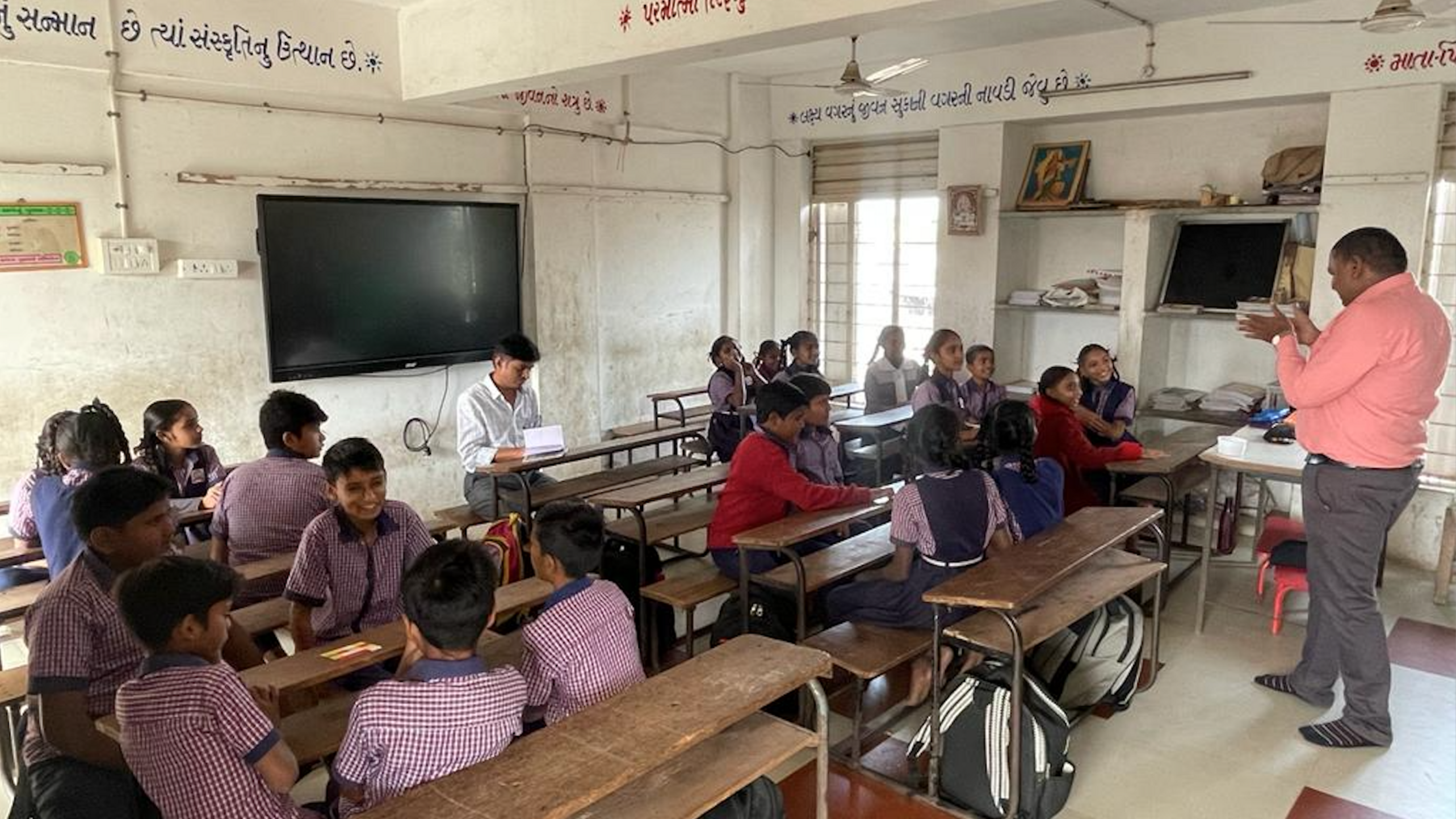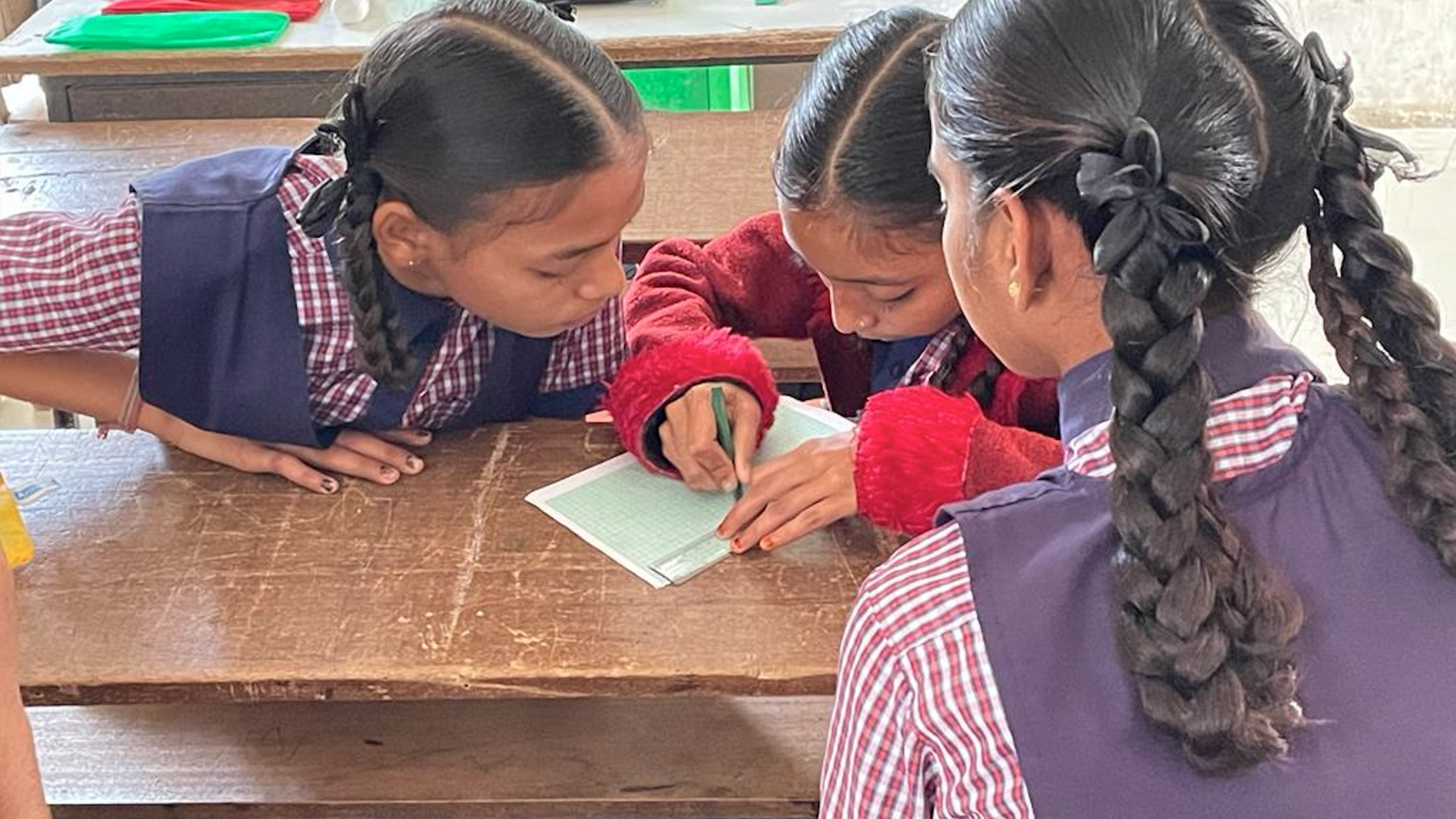Project Mentor: Professor Eric Obeysekare, Computer Science & Engineering
2026 Impact Fellows:
Yosef Gebreselassie '29
Hannah Rebello '29
Anastasia Koutsivitis '29
Project Description:
What does the education of the future look like in the world's most populous country? How do you transform the nature of hands-on learning?
With over 10,000 Atal Tinkering Labs (ATLs) across India, this government-funded initiative has expanded access to school-based makerspaces and experimental education – yet uneven resource distribution and a lack of teacher guidance stunt the potential for growth and effective usage for ATLs.
The Future Makers Unlimited project aims to rework ATL’s program so that children can spend more time innovating, rather than learning from videos. Supporting ATL teachers and finding the most effective way to utilize CAD and electronics learning.
Our partner in achieving this goal is the Agastya International Foundation, whose mission is to ignite curiosity, foster creativity, and build confidence through hands-on, experiential learning for underprivileged children and government school teachers.
The project will focus on four core objectives:
1. Reimagining the Design Thinking Curriculum: This initiative will revitalize ATL’s design thinking curriculum to reflect modern, learner-centered approaches. With an emphasis on creativity, problem-solving, and making, the curriculum will be crafted to inspire innovation and adaptability, preparing students to tackle real-world challenges with practical solutions.
2. Empowering ATL Facilitators through 'Train the Trainer' Programs: A comprehensive "train the trainer" initiative will ensure ATL’s facilitators can effectively teach the new curriculum. Two main aspects of this are establishing a teacher network and running teacher workshops.
3. Research: Going across India to interview ATL teachers and heads of schools to gain feedback on the current program. Compiling the data from the interviews, along with the research done in our literature review, will help fortify possible solutions.
4. Textbook and workshop creation: Testing our textbook that outlines activities that teachers can implement with their students. Implementing a workshop to help teachers transition from rote learning to hands-on learning. The workshop will focus on design thinking strategies, CAD, 3d printing, circuitry, and electronics.
Through these efforts, the project seeks to push the boundaries of how science and design thinking are taught, ensuring that students not only learn scientific concepts but also develop the skills needed to innovate and create solutions for real-world problems. By integrating these approaches into ATLs, the project will make a lasting impact on science education for underprivileged children across India, inspiring a new generation of makers, thinkers, and tinkerers!



